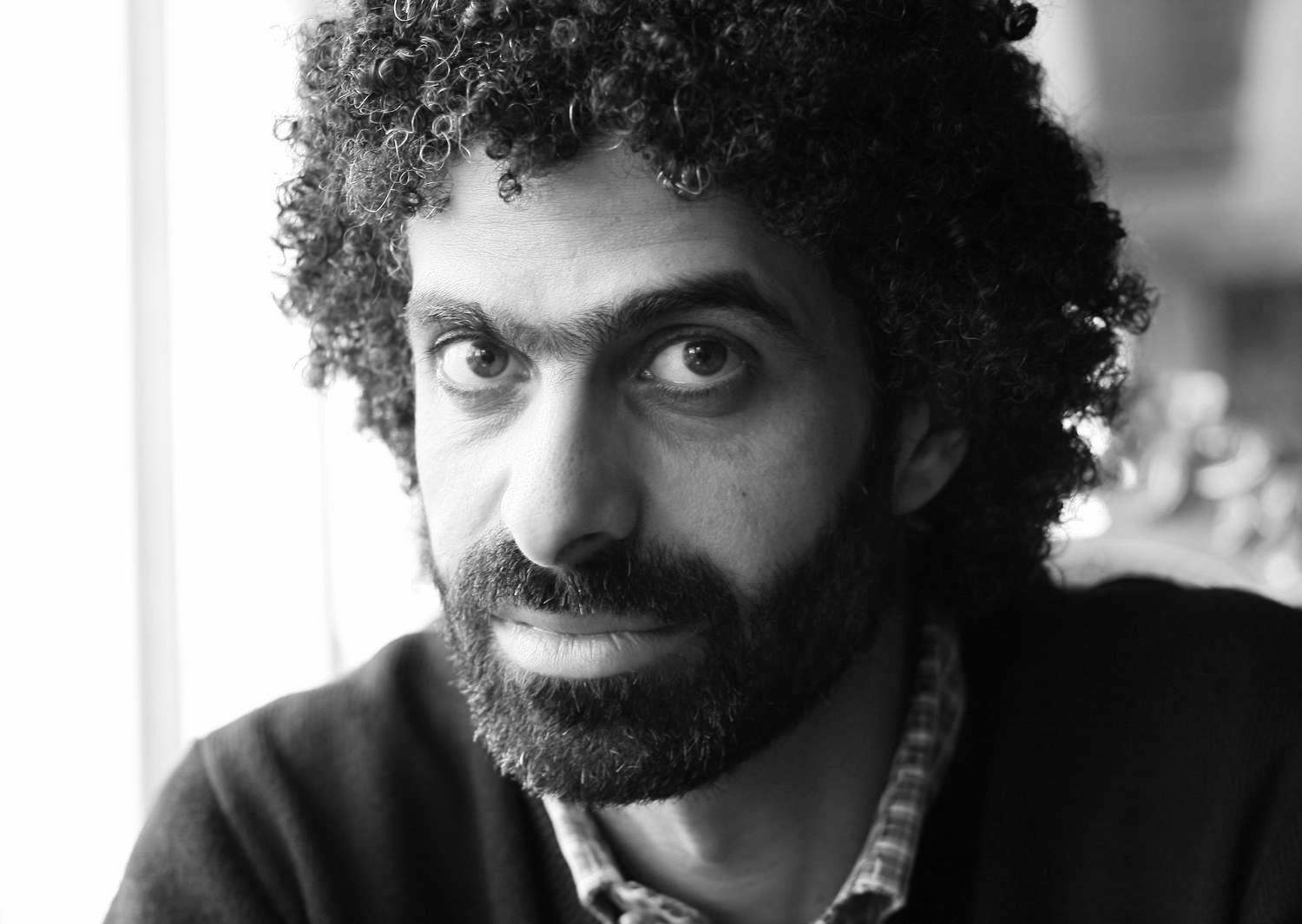By Oraib Al-Rantawi
In Jordan’s view, the creation of an independent and viable Palestinian state, resulting from a serious peace process and intense meaningful negotiations, is a strategic Jordanian interest as well as the fulfillment of Palestinians’ legitimate national rights. It might even be said that Jordan — after the Palestinian Authority — is the party most eager for the survival of the peace process and the “two-state solution”.
The source of Jordan’s interest lies in its decision-makers’ deep conviction that stymied horizons for a Palestinian state on the 1967 borders will keep the door perpetually open before solutions to the Palestinian cause that are undesirable and come at Jordan’s expense. This is visible through agitation by wide swathes of Jordanians, including its “East Bankers”, who are raising fears of “resettlement” and an “alternative homeland” for Palestinians, while advocating for the “national identity of Jordan”. These angry voices include those loyal to the regime and those within the system itself.
As such, Jordan was among those most alarmed by the 15-month freeze in negotiations between Palestinians and Israelis (from September 2010 to the beginning of February 2012). It was dismayed by the lack of international attention to the process, and lack of attention from the actors, including the United States and the European Union, who have been distracted by domestic and regional issues (various elections, economic and financial crises, the crises of Iran and Syria, and the intifadas sweeping the Arab world).
Those who monitor the official political discourse of Jordan observe that it has no reliable alternatives in case of a failure in the “negotiations option” and the two-state solution. As such, the Jordanian leadership is bound to its support of this process, as the only way out of the now seemingly-intractable negotiations and peace process.
Jordan’s leadership is under increasing pressure from the Jordanian public to answer difficult and sensitive questions related to the “equation of reform and change” in Jordan. Who is Jordanian? Who is Palestinian? How do we deal with those with Palestinian roots, whether they are descendants of the 1948 refugees, the 1967 displaced, or the children of those from Gaza? How can we achieve the “disengagement” of the two banks of the Jordan River? These are only some of the questions and challenges related to “identity” and “integration” and “citizenship” in Jordanian society. It is no wonder that Jordan’s leadership is hastening to achieve a final settlement to the Palestinian question.
For all these reasons, Jordan commenced its initiative for a resumption of negotiations between Palestinians and Israelis in Amman, paving the way through numerous contacts and consultations that culminated in an unprecedented visit by the King of Jordan to Ramallah on November 21, 2011. At this time, he used all his weight to convince Palestinian President Mahmoud Abbas to send a representative to the Amman talks, under the rubric of “exploratory talks”. The king succeeded where others had failed, taking advantage of the Palestinian leadership’s keenness to maintain the best relations possible with Jordan (the West Bank’s lung and lifeline) and its desire not to appear to be the spoiler in a last-ditch effort to save the peace process.
But even as Jordan launched the initiative, it was not completely confident of its chances for success. It thoroughly understands the size of the rift in positions that separates the Palestinian and Israeli sides from each other. This explains the fact that Jordan’s Foreign Ministry assumed responsibility for managing the negotiations, so as not to attribute a potential failure to the royal palace, which has an ongoing important historic role to fill in the negotiations, the peace process and the relationship between Israel and the Palestinian Authority.
In fact, decision-makers in Jordan wanted their initiative to strike several birds with one stone. Whatever the outcome, Jordan was to come out as the first- or (after the Palestinian Authority) second-place winner in this breakthrough on the road to a “two-state solution”. Indeed, this is what happened: Jordan was hailed with appreciation and praise for its role as sponsor and “facilitator”.
Another objective, inherent or implied, was behind the launch of the initiative at this particular time. This was to reconstitute the image of Jordan on the international scene as a “pioneer” in peacemaking (having remade its reputation as a “pioneer” in the process of reform and change), even as the Palestinian issue becomes more pressing and urgent with the outbreak of the uprisings and revolutions of the “Arab spring”.
It is likely, according to various estimates, that Jordanian diplomacy will continue in its efforts in the near future, with the encouragement of New York and Washington and European capitals, which are keen not to leave a vacuum and avoid the parties’ turning to unilateral measures. This is true especially due to the Palestinian leadership’s stated intention to pursue “strategic alternatives” in light of the continued occupation and settlement of the West Bank and siege of Gaza, and the Israeli partnership of Netanyahu-Lieberman-Barak, which has turned its back on the peace process and the benefits of a two-state solution.
Still, Jordan’s role depends greatly on its ability to break Israeli intransigence and “extract” positions and measures capable of persuading Abbas to stay at the negotiating table. This capacity is very limited. Abbas, who participated in the Amman negotiations as a “courtesy” to the king of Jordan, knows that there are limits and ceilings to this courtesy and to the complex political calculations of convincing the Palestinians to continue the negotiations option, after which time he will find himself under intense pressure to stop moving on this path. Instead, Abbas will be pushed to speed up the pace of national reconciliation, the restoration of popular resistance, the rebuilding and activation of the Palestine Liberation Organization, and the option of pursuing Israel in all international forums, whether they be legal, political, media or diplomatic.
Oraib Al-Rantawi is director of Al-Quds Center for Political Studies, Amman. This commentary is published by DAILY NEWS EGYPT in collaboration with bitterlemons-international.org.


